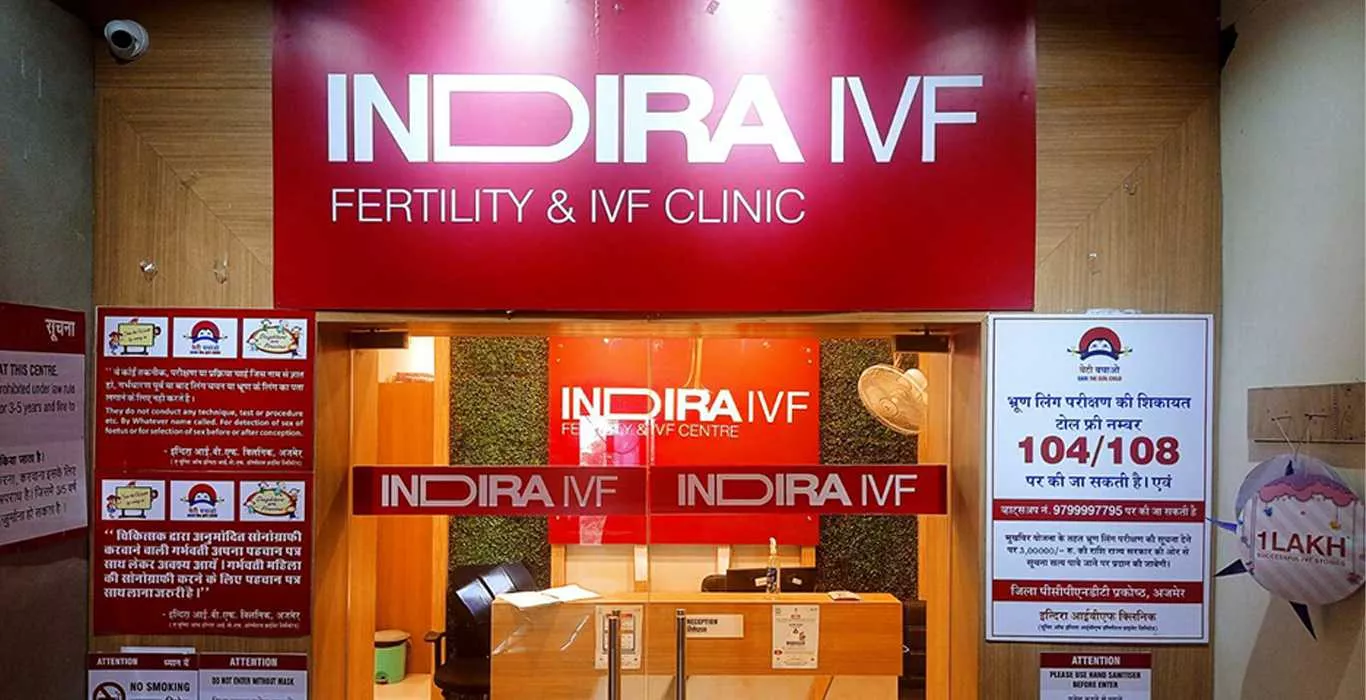Achieving a Youthful Glow: The Benefits of Facelift Surgery in Dubai
When it comes to rejuvenating your appearance, a facelift is one of the most popular and effective options. In Dubai, renowned for its luxurious lifestyle and cutting-edge medical services, facelift procedures have gained immense popularity. But what exactly is a facelift, and why is Dubai considered a leading destination for this cosmetic surgery? Let’s dive into the details.
What is a Facelift?
A facelift, also known as rhytidectomy, is a surgical procedure designed to give a more youthful appearance by tightening the skin and tissues on the face. As we age, the skin loses its elasticity, and the facial muscles begin to sag, resulting in the formation of wrinkles and drooping. A facelift helps to reverse these signs of aging, offering a refreshed and rejuvenated look.
Why Choose Dubai for Your Facelift?
Dubai is a global hub for medical tourism, attracting people from all over the world to seek world-class treatments. Here are a few reasons why Dubai is the perfect place for a facelift:
- Expert Surgeons: Dubai is home to highly skilled and experienced plastic surgeons who specialize in facelifts. These professionals are known for their expertise in performing precise and personalized procedures that cater to individual needs.
- Advanced Technology: The city boasts state-of-the-art medical facilities equipped with the latest technology. This ensures that patients receive the best care possible, with minimal risks and quicker recovery times.
- High Standards of Care: Dubai’s healthcare system follows international standards, ensuring patients receive top-notch treatment in a safe and clean environment.
- Luxurious Recovery: Many clinics in Dubai offer exclusive post-surgery care, allowing you to relax and recover in a luxurious setting. With high-end accommodations and personalized aftercare services, Dubai ensures a comfortable recovery process.
The Procedure: What to Expect
The facelift procedure itself typically involves making incisions around the hairline and the natural creases of the face to minimize visible scarring. The surgeon will then tighten the underlying muscles and remove excess skin to create a smoother, more youthful appearance.
Before undergoing surgery, a consultation with the surgeon is essential to discuss your expectations and the potential outcomes. Your surgeon will guide you through the process, answering any questions you may have.
Benefits of a Facelift
- Younger Appearance: The primary benefit of a facelift is its ability to turn back the clock, giving you a more youthful and refreshed look.
- Boost in Confidence: Many people who undergo facelifts experience a significant boost in self-esteem. When you feel good about your appearance, it can positively affect various aspects of your life.
- Long-lasting Results: While a facelift can’t stop the aging process entirely, it offers long-lasting results. The effects can be seen for up to 10 years or more, depending on the individual and how well they maintain their skin.
What to Know Before the Surgery
Although a facelift can provide dramatic results, it’s important to understand that this is a surgical procedure, and like any surgery, there are potential risks. It’s crucial to choose a qualified …









































 Additional info is obtainable from the Educational Affairs Office, Division of Kinesiology and Community Health, College of Illinois at Urbana-Champaign, 1206 S. Fourth Avenue, 2021 Khan Annex, Huff Corridor, Champaign, IL 61820, (217) 333-2307. We’re grateful to our funders and key companions such as the County of Santa Clara, the California Primary Care Association (CPCA), and the National Association of Neighborhood Health Facilities (NACHC) who share our imaginative and prescient for an built-in health care delivery system that’s reasonably priced and accessible to all communities.
Additional info is obtainable from the Educational Affairs Office, Division of Kinesiology and Community Health, College of Illinois at Urbana-Champaign, 1206 S. Fourth Avenue, 2021 Khan Annex, Huff Corridor, Champaign, IL 61820, (217) 333-2307. We’re grateful to our funders and key companions such as the County of Santa Clara, the California Primary Care Association (CPCA), and the National Association of Neighborhood Health Facilities (NACHC) who share our imaginative and prescient for an built-in health care delivery system that’s reasonably priced and accessible to all communities.
 …
… Comprehensive health care of the highest quality to everyone in our group, no matter skill to pay. With 6 handy areas, we’re the largest primary health care supplier to low-revenue individuals and households in Northern Nevada. Development and growth of the communication media has also helped to generate health awareness. It is necessary for local government companies, existing health care suppliers, nonprofit organizations and companies in the neighborhood to help the clinic. An epidemiological research among the many rural neighborhood in the hilly region revealed that eighty five.4% of males aged 15 and over and sixty two.four% of females have been regular people who smoke. In 2014 Knox Group Health Service merged with EVERY to combine our health companies and build an intensive community of neighborhood health applications. Local and First Nations governments and community organizations can also play a job in creating the circumstances for citizens to make healthier decisions, and working with partners to promote neighborhood nicely-being.
Comprehensive health care of the highest quality to everyone in our group, no matter skill to pay. With 6 handy areas, we’re the largest primary health care supplier to low-revenue individuals and households in Northern Nevada. Development and growth of the communication media has also helped to generate health awareness. It is necessary for local government companies, existing health care suppliers, nonprofit organizations and companies in the neighborhood to help the clinic. An epidemiological research among the many rural neighborhood in the hilly region revealed that eighty five.4% of males aged 15 and over and sixty two.four% of females have been regular people who smoke. In 2014 Knox Group Health Service merged with EVERY to combine our health companies and build an intensive community of neighborhood health applications. Local and First Nations governments and community organizations can also play a job in creating the circumstances for citizens to make healthier decisions, and working with partners to promote neighborhood nicely-being. Get a snapshot of healthcare news in 2016 with our roundup of Trendy Healthcare’s 10 most clicked articles of 2016. Right here, you will discover information about our efforts towards enhancing health care entry for our communities by our member health facilities and clinics. It is a direct quote from Dr. Margaret Shetland’s statements on Public Health Nursing. D. The aim of community health nursing is to supply nursing services to people in their very own locations of residence. Contact the health heart group directly to confirm the availability of specific providers and to make an appointment. Lynn Group Health Center is acknowledged as a Degree 2 Affected person-Centered Medical Residence by the National Committee for Quality Assurance (NCQA). The task discussed above is followed by Neighborhood Health & Inhabitants-Focused Nursing Practicum.
Get a snapshot of healthcare news in 2016 with our roundup of Trendy Healthcare’s 10 most clicked articles of 2016. Right here, you will discover information about our efforts towards enhancing health care entry for our communities by our member health facilities and clinics. It is a direct quote from Dr. Margaret Shetland’s statements on Public Health Nursing. D. The aim of community health nursing is to supply nursing services to people in their very own locations of residence. Contact the health heart group directly to confirm the availability of specific providers and to make an appointment. Lynn Group Health Center is acknowledged as a Degree 2 Affected person-Centered Medical Residence by the National Committee for Quality Assurance (NCQA). The task discussed above is followed by Neighborhood Health & Inhabitants-Focused Nursing Practicum.






